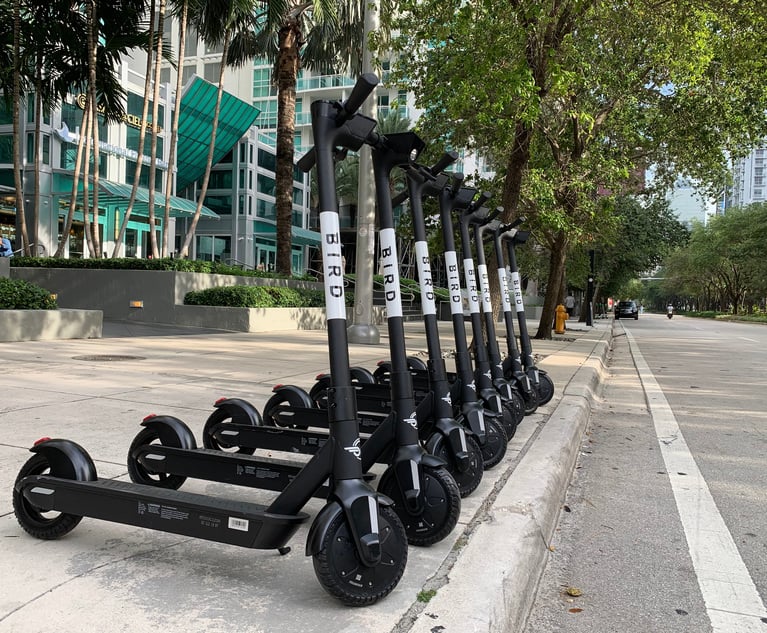“For well over a century,” the “fugitive disentitlement doctrine” or, as it is also known, “the unavailable to obey the mandate of the court doctrine,” a doctrine anchored in equity which has been extended to civil cases, Skiff-Murray v. Murray, 305 A.D.2d 751, 752 (3d Dep’t 2003) and Wechsler v. Wechsler, 45 A.D.3d 470, 472 (1st Dep’t 2007), has been applied by appellate courts in criminal cases to “dismiss an appeal of a defendant who is a fugitive from justice during the pendency of [his/her] appeal … . [The doctrine] is based upon the inherent power of the courts to enforce their judgments, and has long been applied to those who evade the law while simultaneously seeking its protection [U.S. Supreme Court cites omitted].” Allain v. Allain, 123 A.D.3d 138, 142 (2d Dep’t 2014); Wechsler, 45 A.D.3d at 472; Matter of Joshua M. v. Dimari N., 9 A.D.3d 617, 619 (3d Dep’t 2004).
“[C]ourts have consistently held that application of the doctrine is appropriate where the appellant has willfully made himself or herself unavailable to obey a court’s mandate in the event of affirmance. ‘[I]t is the flight or refusal to return in the face of judicial action that is the critical predicate to fugitive disentitlement.’” Allain, 123 A.D.3d at 146; also In re Tradale CC., 52 A.D.3d 900 (3d Dep’t 2008). “An appellant’s escape ‘disentitles him to call upon the resources of the Court for determination of his claims.’” Empire Blue Cross and Blue Shield v. Finkelstein, 111 F.3d 278, 280 (2d Cir. 1997), citing Degen v. United States, 517 U.S. 820 (1996). “[Precedent authority] make[s] clear that it would be inequitable to permit a party to benefit from an order or judgment in its favor when it has deliberately frustrated appellate review of that determination.” Ruskin v. Safir, 257 A.D.2d 268, 274 (1st Dep’t 1999); Gem Holdco v. Changing World Tech., L.P., 164 A.D.3d 1132 (1st Dep’t 2018).


 Elliott Scheinberg
Elliott Scheinberg




